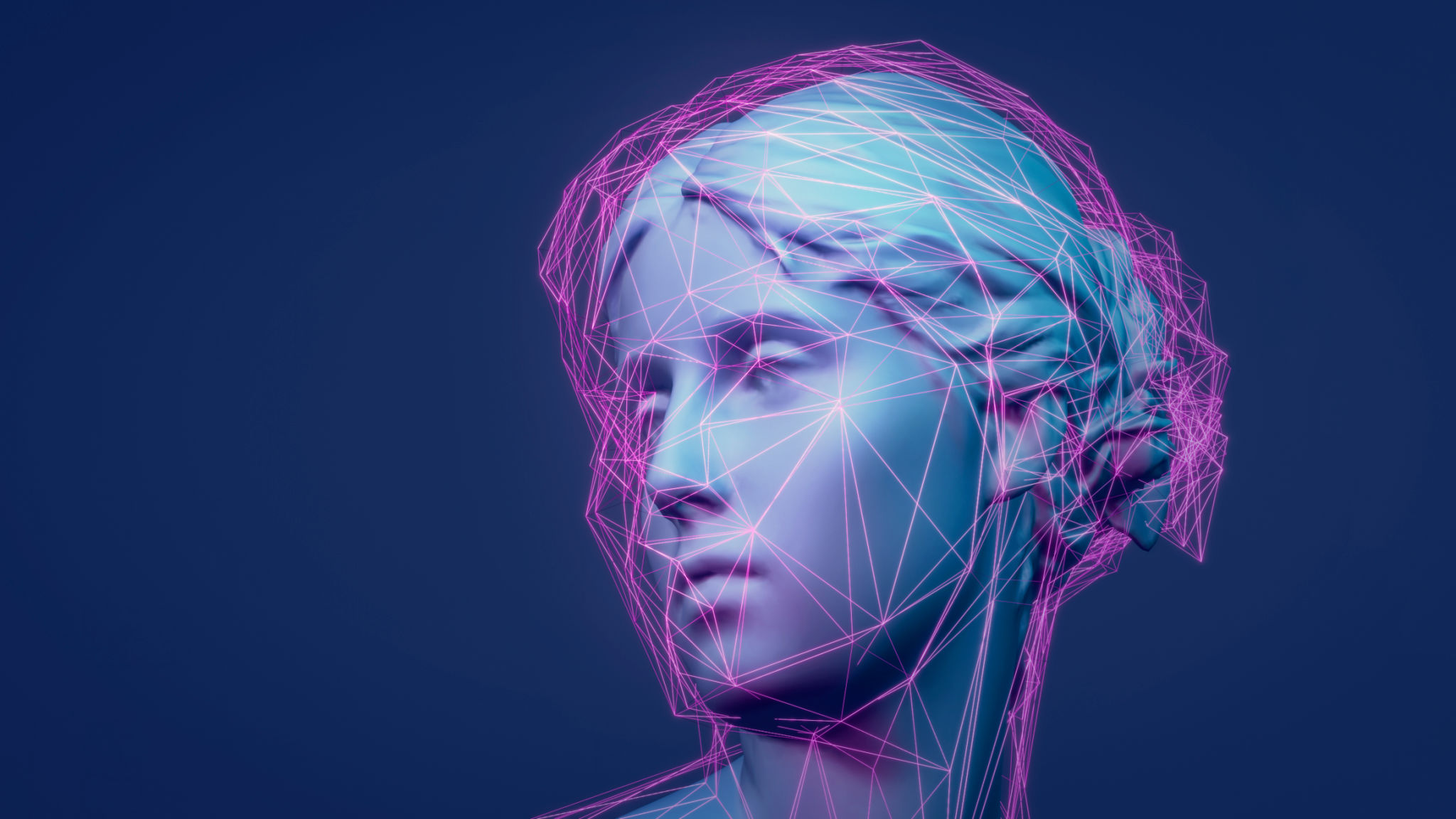Myth-Busting Web3: Common Misconceptions and the Realities
Understanding Web3: A New Era of the Internet
As the digital landscape evolves, Web3 emerges as a pivotal innovation, promising a decentralized internet where users have greater control. However, like any groundbreaking technology, it is surrounded by numerous misconceptions. Understanding what Web3 truly offers is essential to harnessing its potential.

Misconception 1: Web3 is Just a Buzzword
A common myth is that Web3 is merely a buzzword with no substantial impact. In reality, Web3 represents a shift from the current centralized web to a decentralized model. This transition empowers users by decentralizing control and reducing reliance on big tech companies.
Web3 introduces technologies such as blockchain, decentralized applications (dApps), and smart contracts. These elements work together to create a more secure, transparent, and user-centric internet.
Misconception 2: It's Only About Cryptocurrency
Another prevalent misconception is that Web3 is solely about cryptocurrency. While cryptocurrencies like Bitcoin and Ethereum are integral to the Web3 ecosystem, they are just one aspect of its broader application. Web3 encompasses various technologies and innovations beyond digital currencies.

The Reality of Decentralized Applications (dApps)
dApps are a fundamental component of Web3, offering decentralized solutions for various industries. Unlike traditional apps, dApps run on peer-to-peer networks, ensuring enhanced security and transparency. They can be applied in finance, gaming, supply chain management, and more.
The use of dApps illustrates how Web3 can revolutionize sectors by providing trustless interactions and reducing intermediaries.
Misconception 3: Web3 is Not User-Friendly
Many believe that Web3 is too complex for the average user. While it's true that the technology is still in its infancy and requires some technical understanding, efforts are being made to make it more accessible. User-friendly interfaces and educational resources are rapidly developing to aid adoption.

The Growing Impact of Web3 on Society
As Web3 continues to evolve, its societal impact becomes increasingly apparent. From enhancing data privacy to fostering economic inclusivity, the benefits of a decentralized internet are profound. The potential for individuals to own and control their data marks a significant departure from traditional models.
Moreover, Web3's capability to decentralize finance (DeFi) offers financial services to underserved populations globally, promoting economic empowerment.
Conclusion: Embracing the Future
While misconceptions about Web3 persist, the reality is that it holds transformative potential for the internet and society at large. By demystifying these myths, we can better prepare for a future where individuals have greater autonomy and control over their digital lives.
Embracing Web3 means embracing innovation, transparency, and empowerment. As we continue to explore its capabilities, staying informed and open-minded will be crucial for leveraging its full potential.
